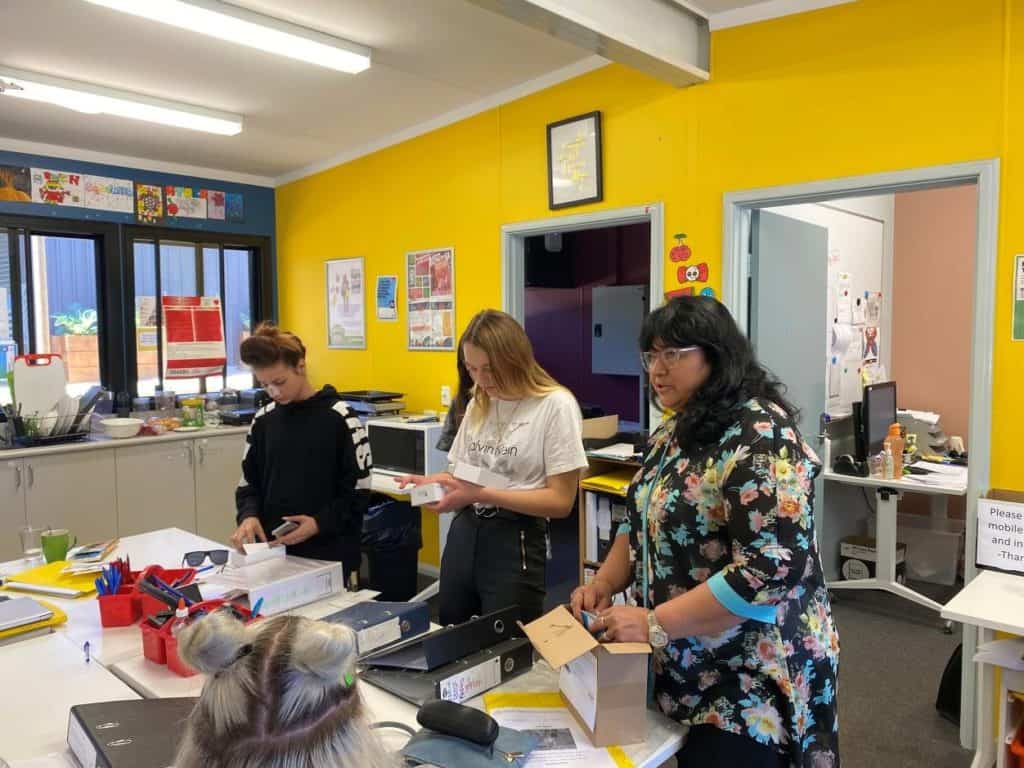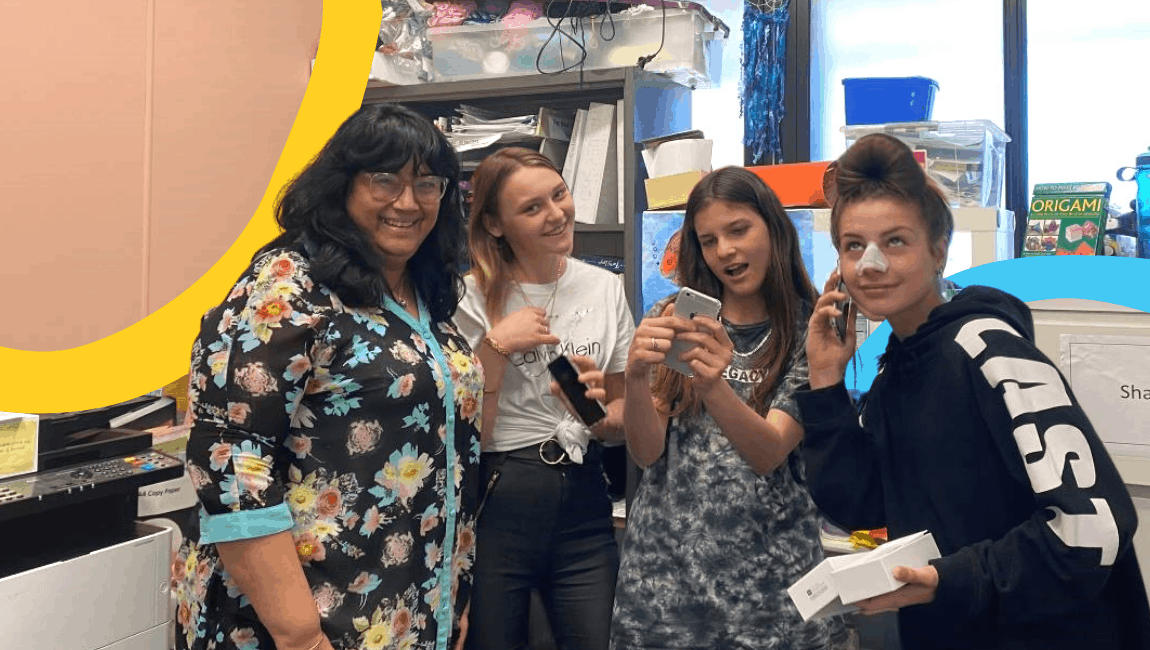Youth Students Receive Refurbished Phones Thanks To YACWA
In the WA Youth Minister’s media statement released in August, a key issue identified in the youth sector was the impact of COVID-19 on vulnerable young people’s ability to access information online and engage with support services. In response to the escalation of a digital divide experienced by young students, the Youth Minister has launched a $180k recovery funding to youth services and introduced the Youth Digital Inclusion (YDI) project. The YDI project aims to provide refurbished ICT devices for vulnerable youth across WA.
Although the digital divide has narrowed in recent years, there is still a gap with a large number of vulnerable individuals without basic internet access or skills. The Australian Bureau of Statistics shows that 97% of households with children aged under 15 years had access to the internet compared with 82% of households without children under 15. According to ABC News, a series of reports commissioned by the Federal Education Department discovered that 46% of disadvantaged young Australians are at risk of being affected by the shift to remote learning. One of the lead author from the reports, Professor Stephen Lamb, found that if schools and educational facilities last for two terms, students from low socio-economic circumstances could fall weeks behind from their schooling.
Centacare’s students from the Bridge at the Hub program were some of the students impacted by the move to remote learning during the pandemic. The Bridge at the Hub is a program that focuses on youth who are disengaged from mainstream education. The program offers a safe space to learn about technology for living, health and well-being, first aid training as well as exploring further study options. Most of Centacare’s students come from low socio-economic background and face challenges to gather funds to obtain a working device. As education and youth services transition to online or telephone modes of delivery, many students found that they are unable to engage with the services, support and information they need.
Fortunately, this issue is recognised and addressed by the WA state government. As a part of their YDI Project, the Department of Communities provided a grant to Youth Affairs Council of Western Australia (YACWA) to distribute 300 refurbished ICT devices to young people aged 16 to 24 and experiencing difficulties and challenges such as homelessness and family crisis. Centacare’s teacher, Sharon Holder, nominated and submitted applications on behalf of her three students: Paige W, Paige N and Dejah W to receive a refurbished device.

“I have chosen these three students as they either do not own a working device or own an old broken phone and often does not have enough data for calls or text messages”, Sharon explained. As a result, her students were unable to communicate with her outside of class and have difficulties remain engaged in school. In addition to low socio-economic factors, some students are also facing challenges at home, which prevent them from accessing a personal device, including homelessness, domestic and family issues.
Access to reliable digital devices and data will help young people experiencing additional challenges to engage with online services that will support them. All smartphones come with a six-month data plan as well as educational resources, including device maintenance and cyber safety. When asked how our students can benefit from their device, Sharon stated that the phones would give the students media to check emails and apply for jobs. More importantly, they can communicate with their teacher.
This initiative has allowed three of our students to start making positive changes in their lives. Sharon expressed her gratitude to the YMCA, “Thank you for giving my students an opportunity to own a personal phone, which gives them independence, and a safety device to communicate with. The apps are also very useful in helping them find resources when needed.”
It is clear that technology plays a crucial role in our digitalised world for young people. As we move through the post-pandemic recovery period, Centacare will continue to advocate for digital inclusion and provide digital literacy skills for students in the Bridge at the Hub program.
For more information about the Bridge at the Hub program, visit: https://www.centacarewa.com.au/skills-for-education-and-employment/the-bridge/

